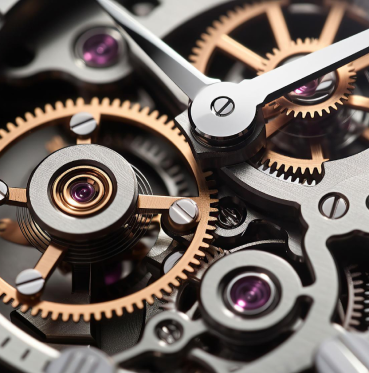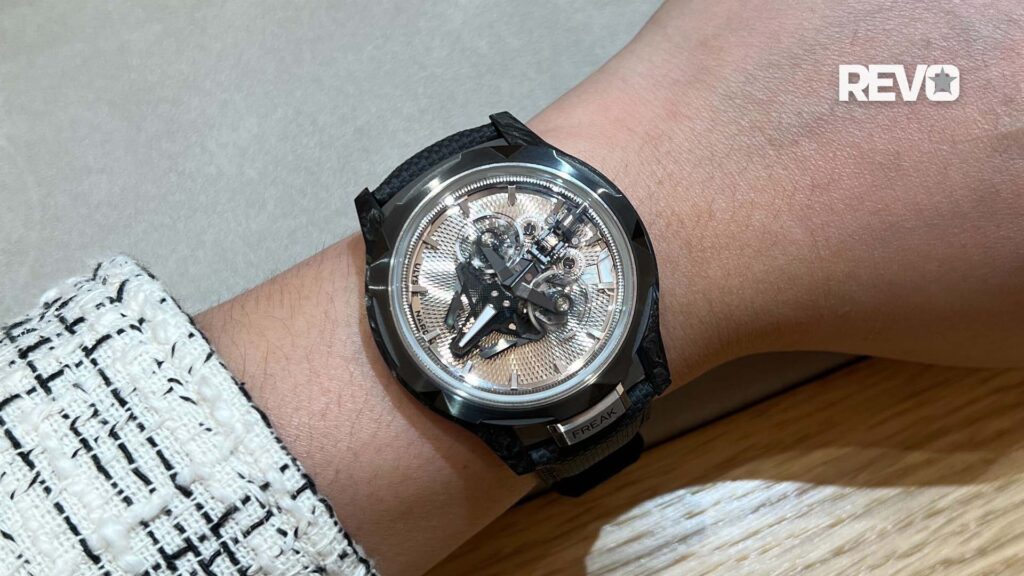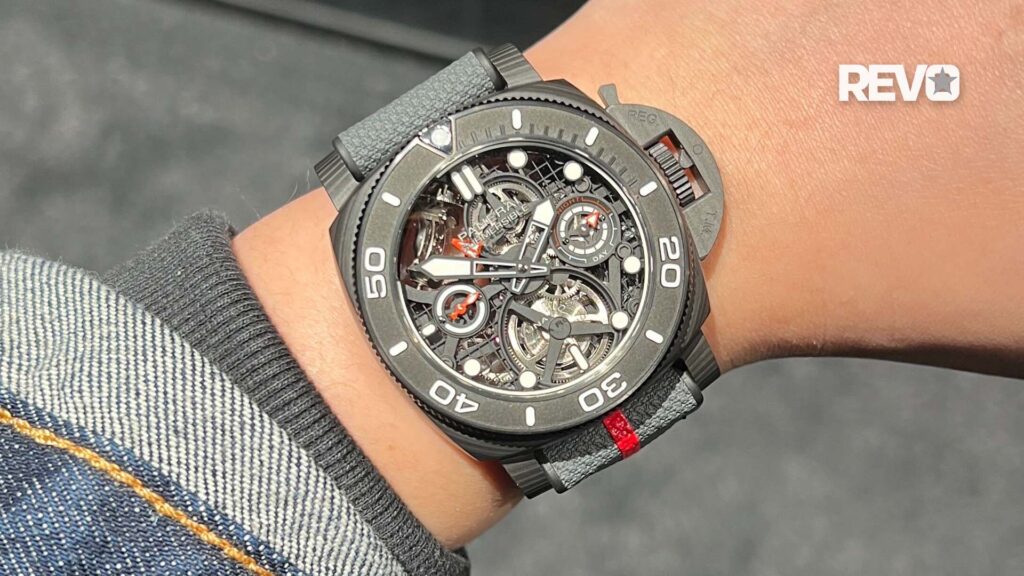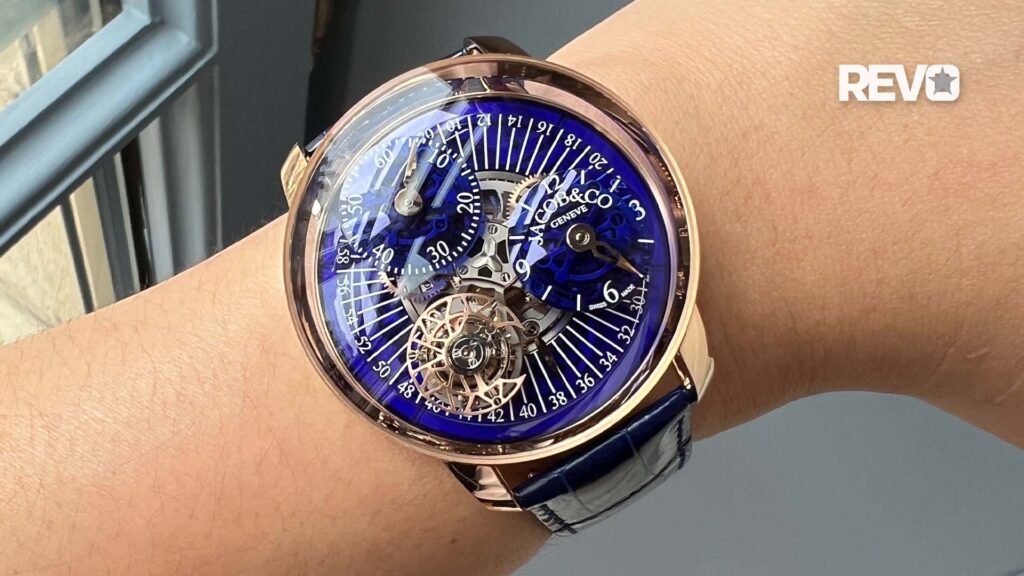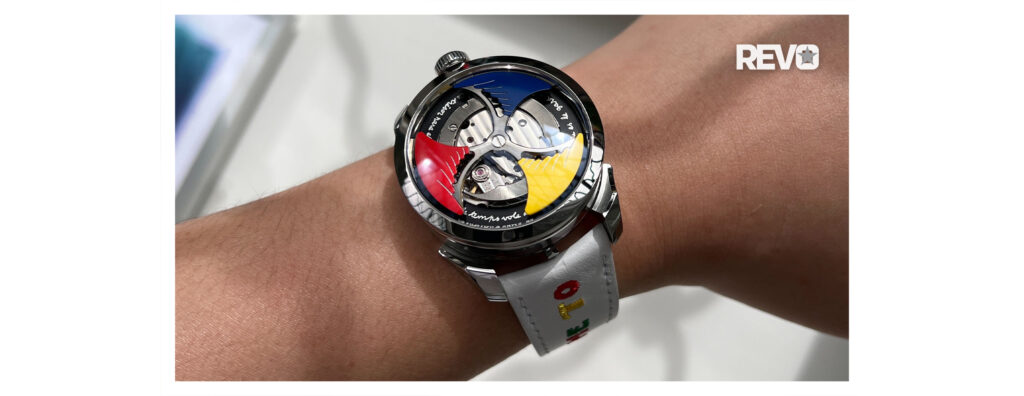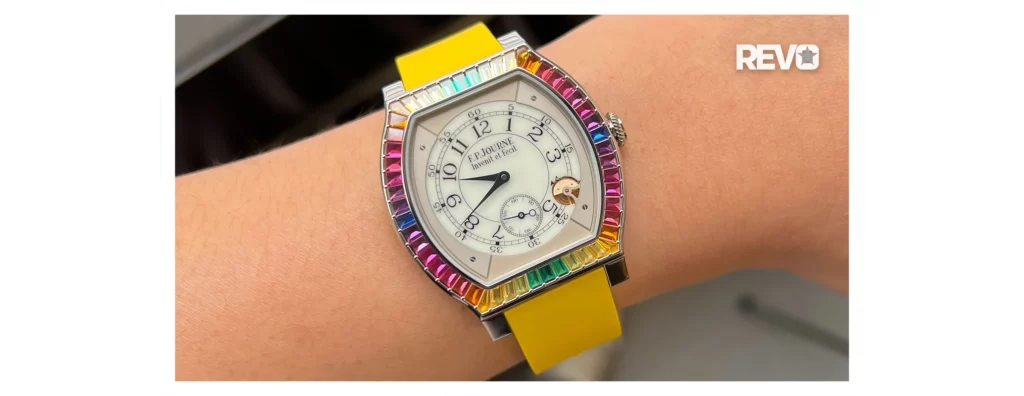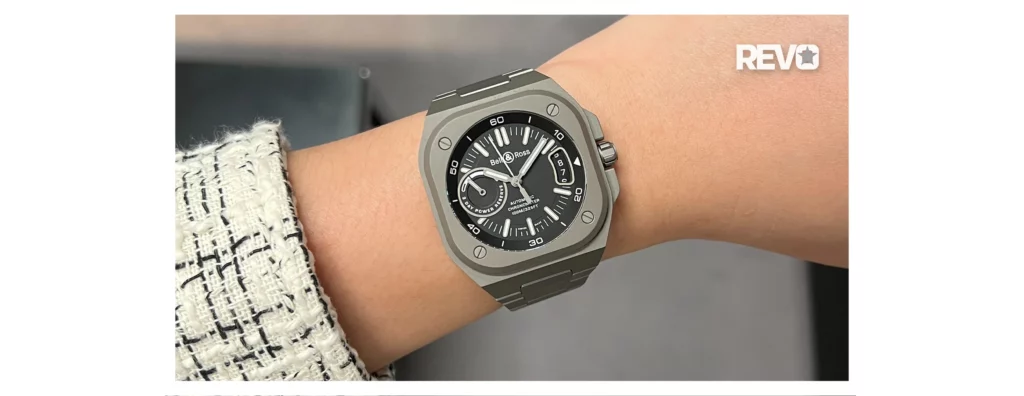Breguet
Breguet: Timeless Symphonies
“Music and horology echo one another — both involve excellence, high quality craftsmanship, and prestige. This sponsorship wouldn’t work with just any brand, and this partnership fits very well. Having Breguet as a sponsor allowed us to really elevate the competition, not just financially, but also in terms of image and reputation. Back in the day, before Breguet came as a sponsor, we were still rough around the edges. Breguet allowed us to smooth those edges and raise our expectations,” he continues.
Founded in 1939, the Concours de Genève holds a certain prestige amongst international musical competitions, mostly for the level of talent needed to compete, but also for the care and attention it gives its participants and winners. “There’s an academic rigor to this competition that elevates these musicians, and that’s in part thanks to our panel that’s always made up of very notable musicians and professionals,” says Christine Sayegh, President of the Foundation Board for the Concours de Genève. “And we keep up with our winners and runners-up, to make sure that even if you get second or third place, you still, rightfully so, have a chance at establishing a career,” she continues.
“Winning the Concours de Genève was certainly a turning point in my career,” says Choi. “I am receiving commissions from various festivals, competitions and ensembles and am now signed to Universal Music Korea as their ‘Mercury Artist,’ therefore having my clarinet concerto released as a digital single. In the summer of 2019, I’ll be having my Korean debut as a conductor with the Bucheon Philharmonic Orchestra, as well as a French debut as a composer with the Ensemble InterContemporain.”
Winning the competition is a hard-earned honor, one that takes years of training and discipline. Much like the centuries of tradition involved in watchmaking, classical music demands all of your attention and passion to create something beautiful. But then, explains Sayegh, there’s something a little ‘extra’ that’s needed: “There are certain musicians who, even just through their application video, communicate very clearly through their music. Anybody can gain the specific techniques to compete, but to connect with your soul is an entirely different thing.” And Choi, though physically young, seems infinitely mature as he echoes Sayegh’s sentiments when asked to describe his music: “It is my most honest of self-reflections.” And that is about as pure and timeless as it can get.


